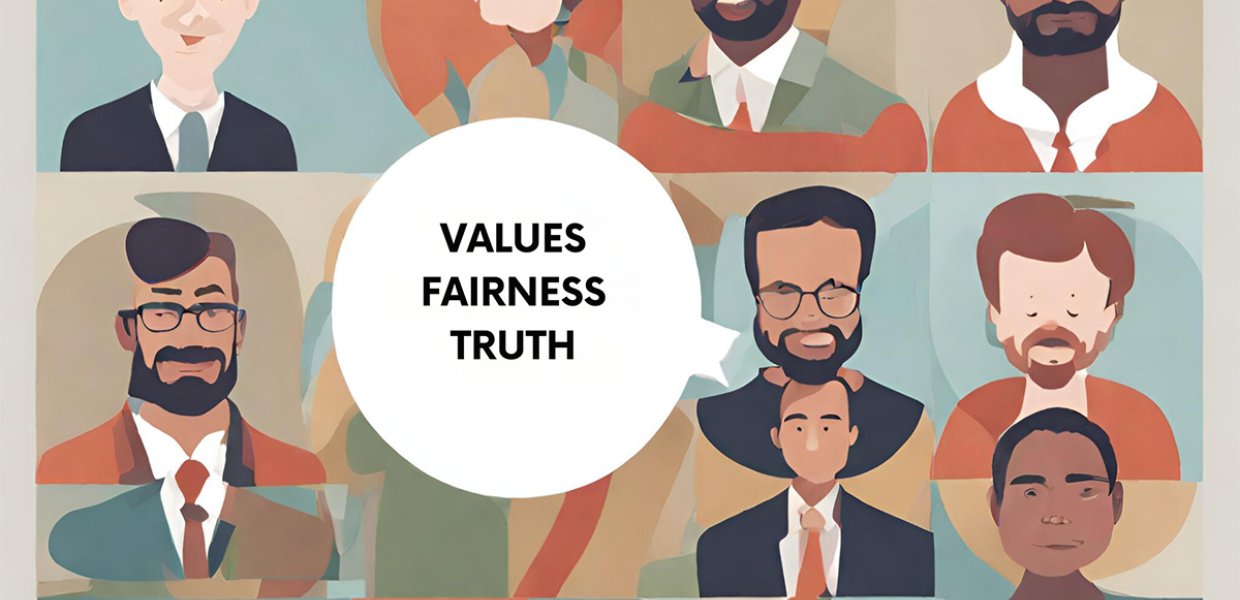Ethical issues related to artificial intelligence are a complex and evolving field of concern. As AI technology continues to advance, it raises various ethical dilemmas and challenges. Here are some of the key ethical issues associated with AI:
- Bias and Fairness: AI systems can inherit and even amplify biases present in their training data. This can result in unfair or discriminatory outcomes, particularly in hiring, lending, and law enforcement applications. Addressing bias and ensuring fairness in AI algorithms is a critical ethical concern.
- Privacy: AI systems often require access to large amounts of data, including sensitive personal information. The ethical challenge lies in collecting, using, and protecting this data to prevent privacy violations.
- Transparency and Accountability: Many AI algorithms, particularly deep learning models, are often considered “black boxes” because they are difficult to understand or interpret. Ensuring transparency and accountability in AI decision-making is crucial for user trust and ethical use of AI.
- Autonomy and Control: As AI systems become more autonomous, concerns about the potential loss of human control exist. This is especially relevant in applications like autonomous vehicles and military drones, where AI systems make critical decisions.
- Job Displacement: Automation through AI can lead to job displacement and economic inequality. Ensuring a just transition for workers and addressing the societal impact of automation is an ethical issue.
- Security and Misuse: AI can be used for malicious purposes, such as cyberattacks, deepfake creation, and surveillance. Ensuring the security of AI systems and preventing their misuse is an ongoing challenge.
- Accountability and Liability: Determining who is responsible when an AI system makes a mistake or causes harm can be difficult. Establishing clear lines of accountability and liability is essential for addressing AI-related issues.
- Ethical AI in Healthcare: The use of AI in healthcare, such as diagnostic tools and treatment recommendations, raises ethical concerns related to patient privacy, data security, and the potential for AI to replace human expertise.
- AI in Criminal Justice: The use for predictive policing, risk assessment, and sentencing decisions can perpetuate biases and raise questions about due process and fairness.
- Environmental Impact: The computational resources required to train and run AI models can have a significant environmental impact. Ethical considerations include minimizing AI’s carbon footprint and promoting sustainable AI development.
- AI in Warfare: The development and use of autonomous weapons raise ethical concerns about the potential for AI to make life-and-death decisions in armed conflicts.
- Bias in Content Recommendation: AI-driven content recommendation systems can reinforce existing biases and filter bubbles, influencing people’s views and opinions.
- AI in Education: The use of AI in education, such as automated grading and personalized learning, raises concerns about data privacy, the quality of education, and the role of human educators.
Addressing these ethical issues requires a multidisciplinary approach involving technologists, ethicists, policymakers, and society at large. It involves developing ethical guidelines, regulations, and best practices to ensure that AI technologies are developed and deployed in ways that benefit humanity while minimizing harm and ensuring fairness and accountability.
—
Pretty well-written essay. Right? Well, in the interest of full disclosure, I didn’t write one word of it. ChatGPT did. This raises several ethical and legal questions:
Is this considered plagiarism? Do I or my firm own the content? Did I infringe on the copyright of pre-existing written work? What if I included a piece of AI-generated artwork, a link to an accompanying video, or background music? Who owns that content, and did it infringe on another creator’s work? Is the information accurate and unbiased? Should I have disclosed upfront this was AI-generated content?
These are perplexing questions, with the answers being debated in universities, corporations, and courts of law.
As an adjunct faculty member at USC Annenberg, I believe I have a responsibility to help students think, write, and sharpen their creative skills. I worry about how much of that is lost with the increasing reliance on generative AI. As well as its ethical and legal use. Only time will tell.
Like ChatGPT, I encourage regulators, educators, developers, and users to continue to create and refine some guardrails around the use of this powerful tool to ensure, in the words of Jason Furman, a professor of the practice of economic policy at the Kennedy School, “...that technology serves human purposes rather than undermines a decent civic life.”
Kirk Stewart is the CEO of KTStewart, which offers clients a full range of communications services including corporate reputation programs, crisis and issues management, corporate citizenship, change management and content creation. Stewart has more than 40 years of experience in both corporate and agency public relations, having served as global chief communications officer at Nike, chairman and CEO of Manning, Selvage & Lee, and executive director at APCO Worldwide. He is a member of the USC Center for PR board of advisers.
This article was co-authored by ChatGPT.
